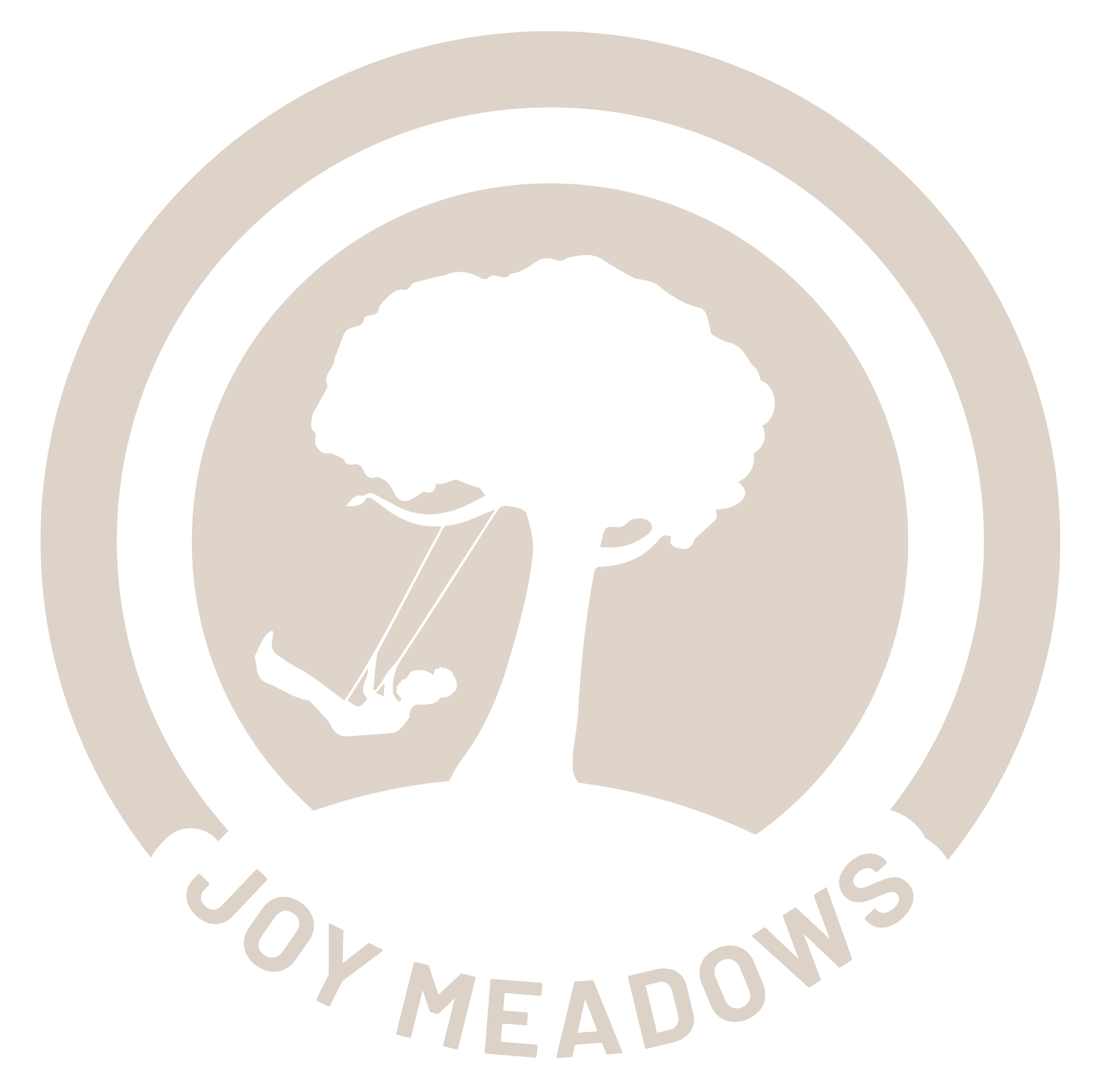
The Care Community Model empowers
your church to recruit and train foster families
and build a volunteer network surrounding
and supporting each foster family.
In the Care Community Model,
every person can do something!
Churches are full of people who want to positively impact vulnerable children's lives but don’t know HOW.
If your church is empowered, people will step up, either by becoming a foster or adoptive family or by committing to support a family in crisis.
Parents who foster or adopt need to know they’ll be well-supported when a child arrives in their home. Children in foster care, as well as adopted children, have unique needs and require intentional focus from their new parents.
Supporting these families in practical, hands-on ways provides a healthier context for a child’s transition into their new home.
Cue the Care Community!
A Care Community is an engineered team—like extended family—of 4-8 committed volunteers who support and serve a foster family and their foster children.
Care Communities provide regular, ongoing practical help such as meals, prayer, tutoring, childcare, transportation, laundry, yard work, etc.
Team Roles Include:
-
Provides leadership for the Care Community. This volunteer contacts the foster family weekly and sends out a weekly email updating the team on prayer requests. This role can be uniquely filled or combined with any of the other roles.
-
Family Helpers usually service by providing a meal once per month (i.e., the second Tuesday of every month). Additionally, these volunteers can run errands, assist with housework or yard work, laundry, and help with other practical tasks to support the family.
-
A Child Mentor commits to provide childcare or transportation 2-3 times per month. In some instances, volunteers may need background checks in order for the volunteer to be unsupervised with foster children. This is a unique opportunity to pour love and encouragement into these children. In order to thrive, foster parents need the support of dedicated Child Mentors who will sacrificially serve them in this way.
-
Interim Caregivers serve as overnight caregivers in their home or in the foster home from as little as one night up to two weeks, in accordance with the policy of the foster care agency. Additional background checks and/or licensing may be required. Respite families also fall under this category of assistance.
Let us know today that you’re ready to learn more about the Joy Meadows Church Network model for meeting the needs of vulnerable children.
No church can do it alone, but together we can break the cycle of trauma.




